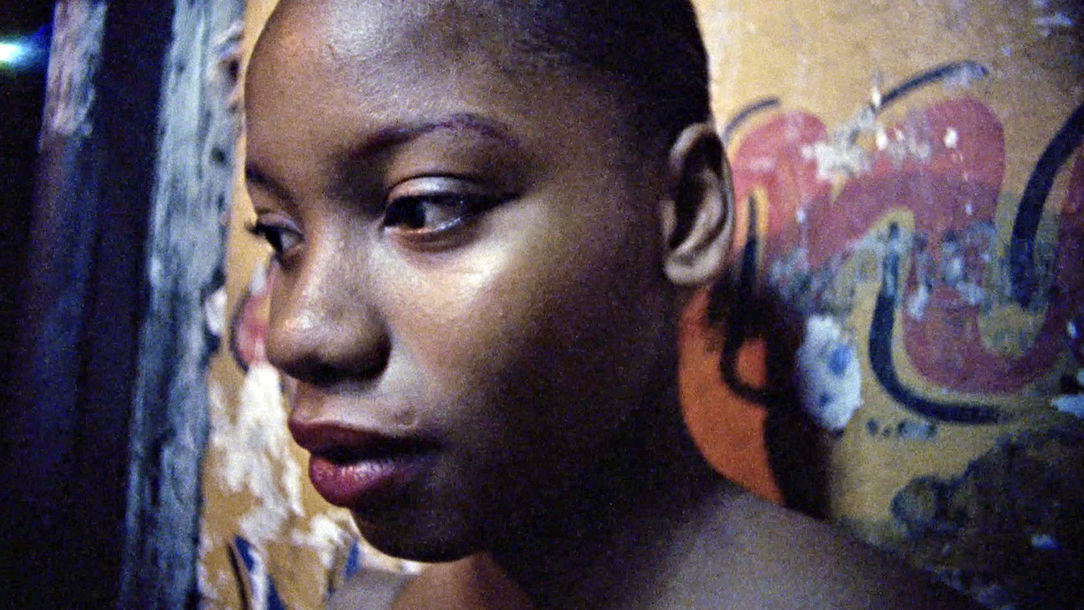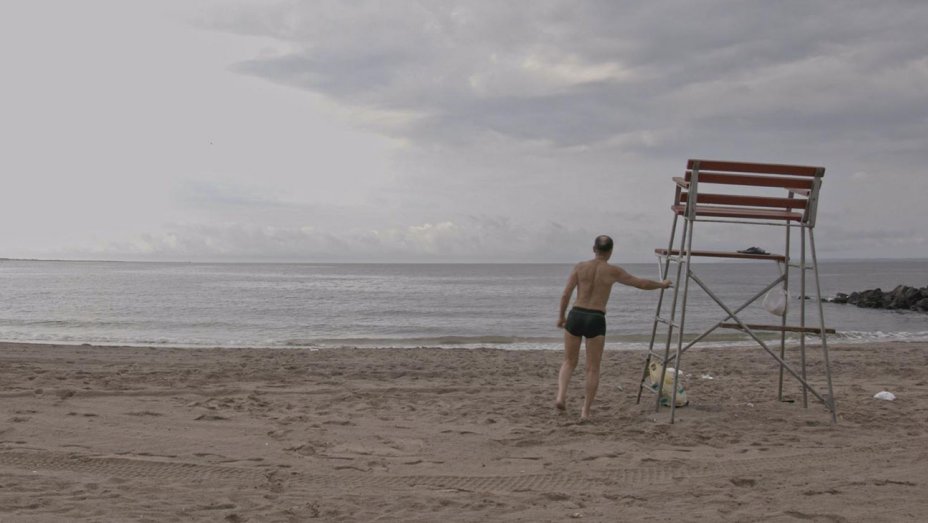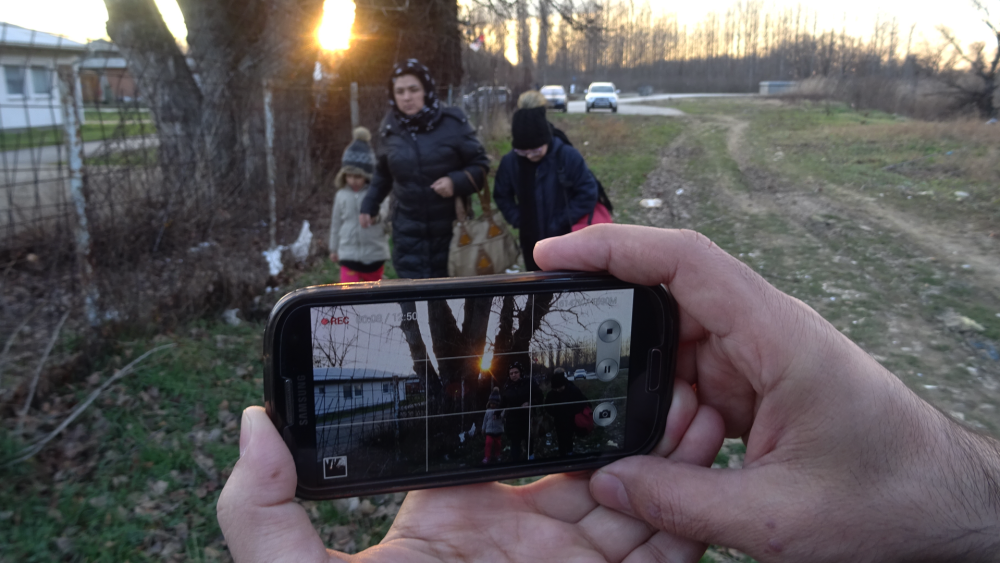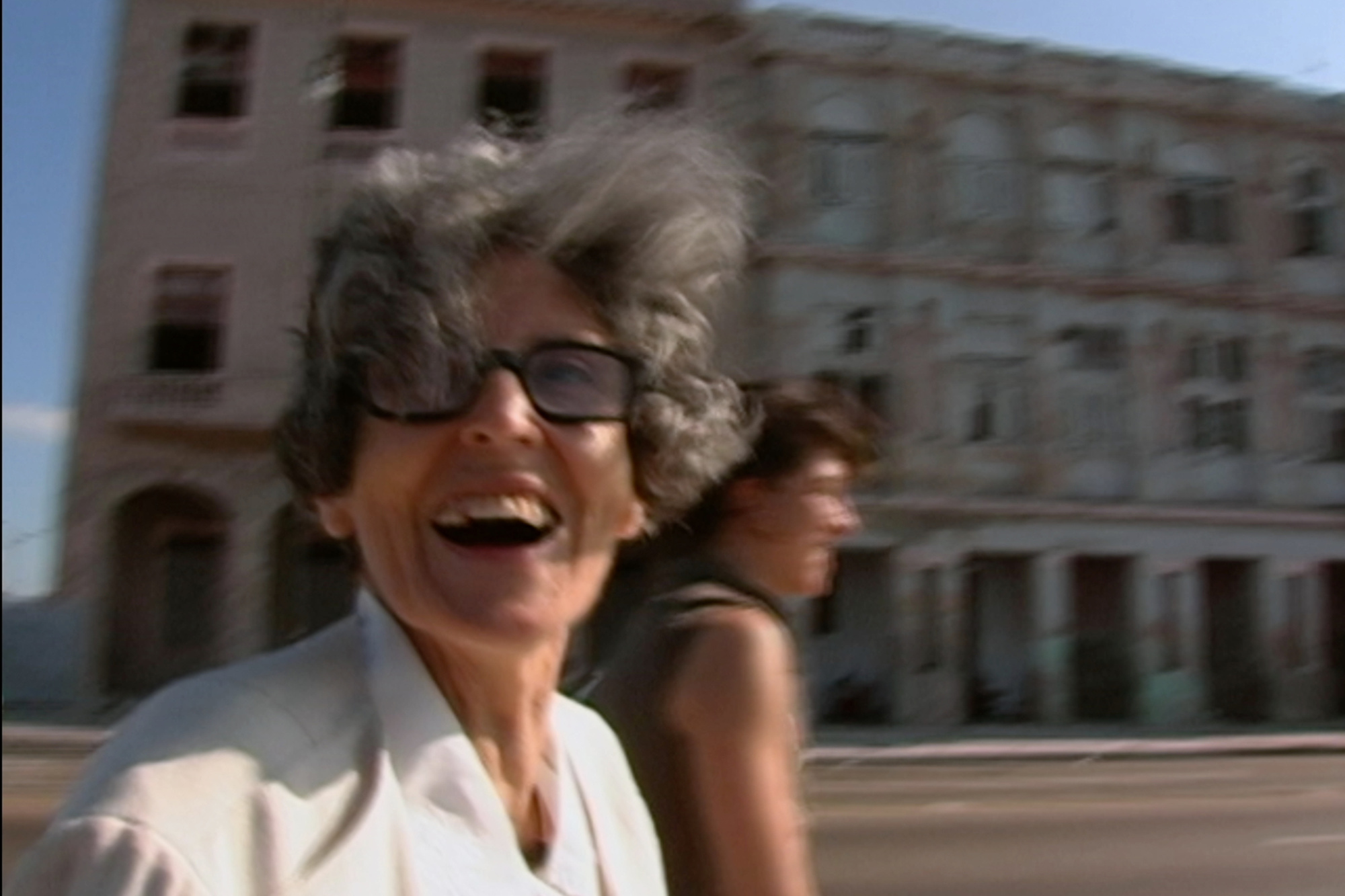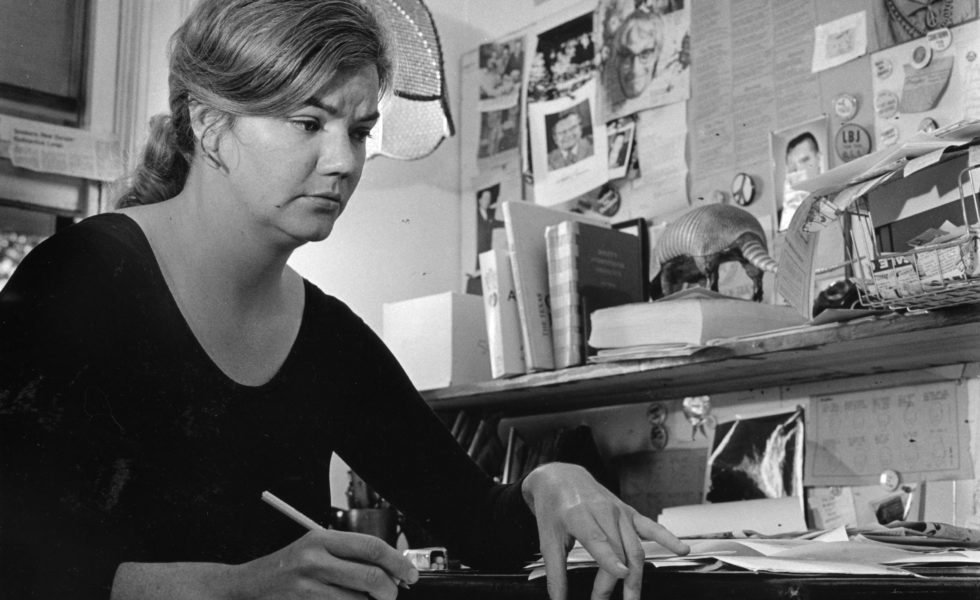Anthropocene-The Human Epoch
Anthropocene-The Human Epoch Directors/ Jennifer Baichwal, Nicholas de Pencier, Edward Burtynsky Watched on Amazon Rating 2.5/5 The third film in a trilogy that began with Manufactured Landscapes in 2007 and continued seven years later with Watermark in 2014, Jennifer Baichwal, Nicholas de Pencier, and Edward Burtynsky’s Anthropocene: The Human Epoch is perhaps their most potent political work of the three. But it is also their most unsatisfying. They take a scattered approach to their stated subject matter, which is the ways in which human beings have so altered the natural world that we are now the primary determining factor in its continued existence. Skipping around from lithium pools in Chile’s Atacama Desert to a vulture-infested landfill in Kenya to the world’s most polluted city in Russia to phosphate mines in Florida, the filmmakers never stay in one place long enough to probe any of them in depth. They conduct a few brief, unrevealing interviews, intersperse some facts and figures from their narrator, the actor Alicia Vikander, and cause you to ponder–for a moment–the weird new world of technofossils, which are basically plastics that have been around so long they’ve become part of our geological history. The film adopts what is becoming a common style in the new subgenre of ecological essay cinema. Looking very much like Brett Story’s The Hottest August, Viktor Kossakovsky’s Aquarela, Nikolaus Geyrhalter’s Our Daily Bread and Charles Ferguson’s Time to Choose, in which despairing imagery sets an apocalyptic tone, Anthropocene would like the pictures to do all of the talking. But since [...]




